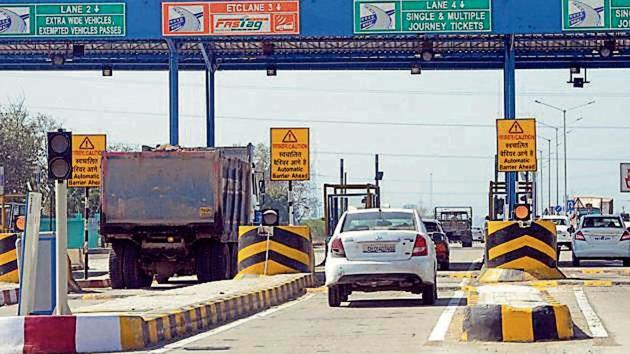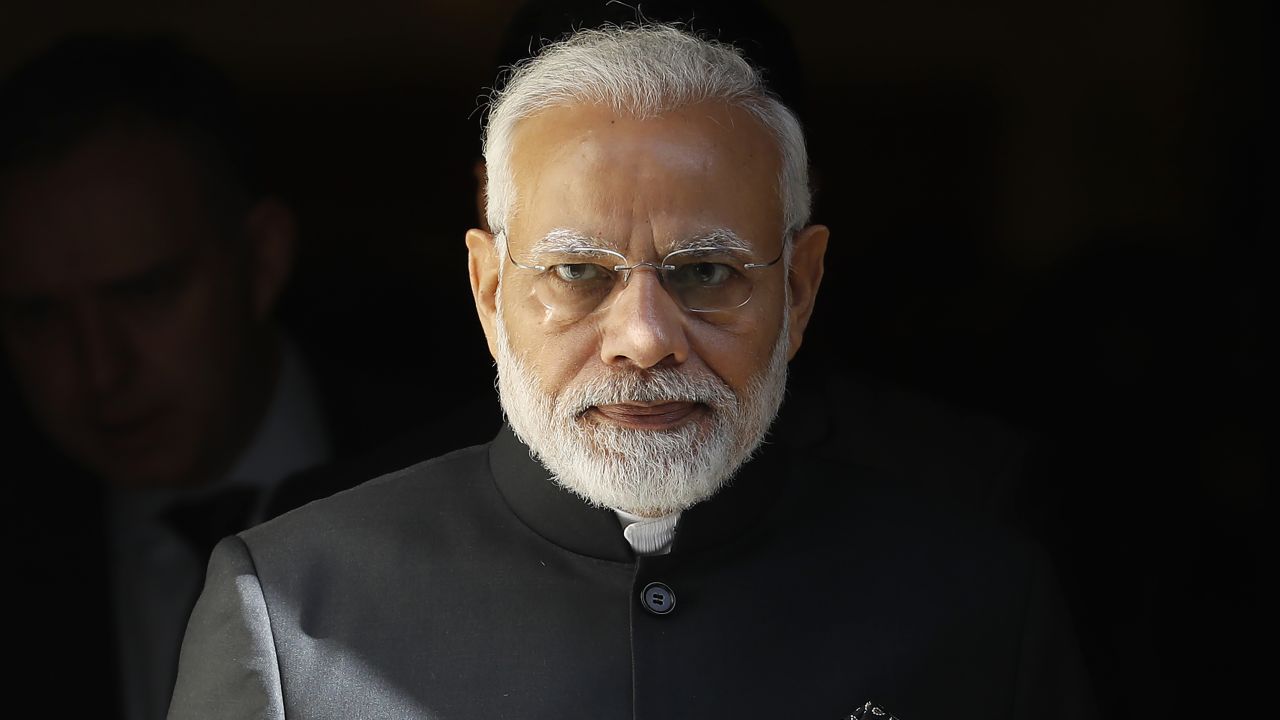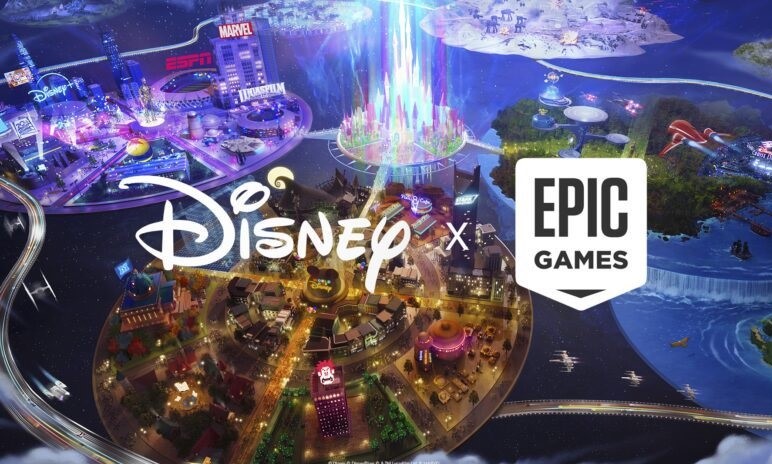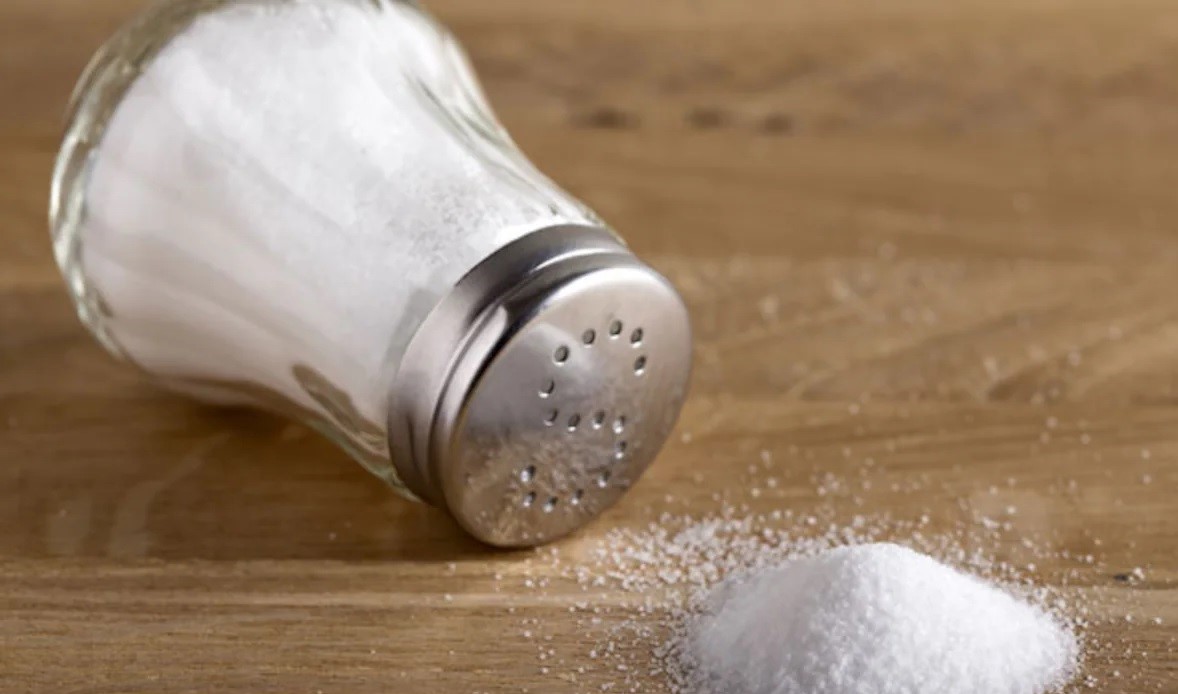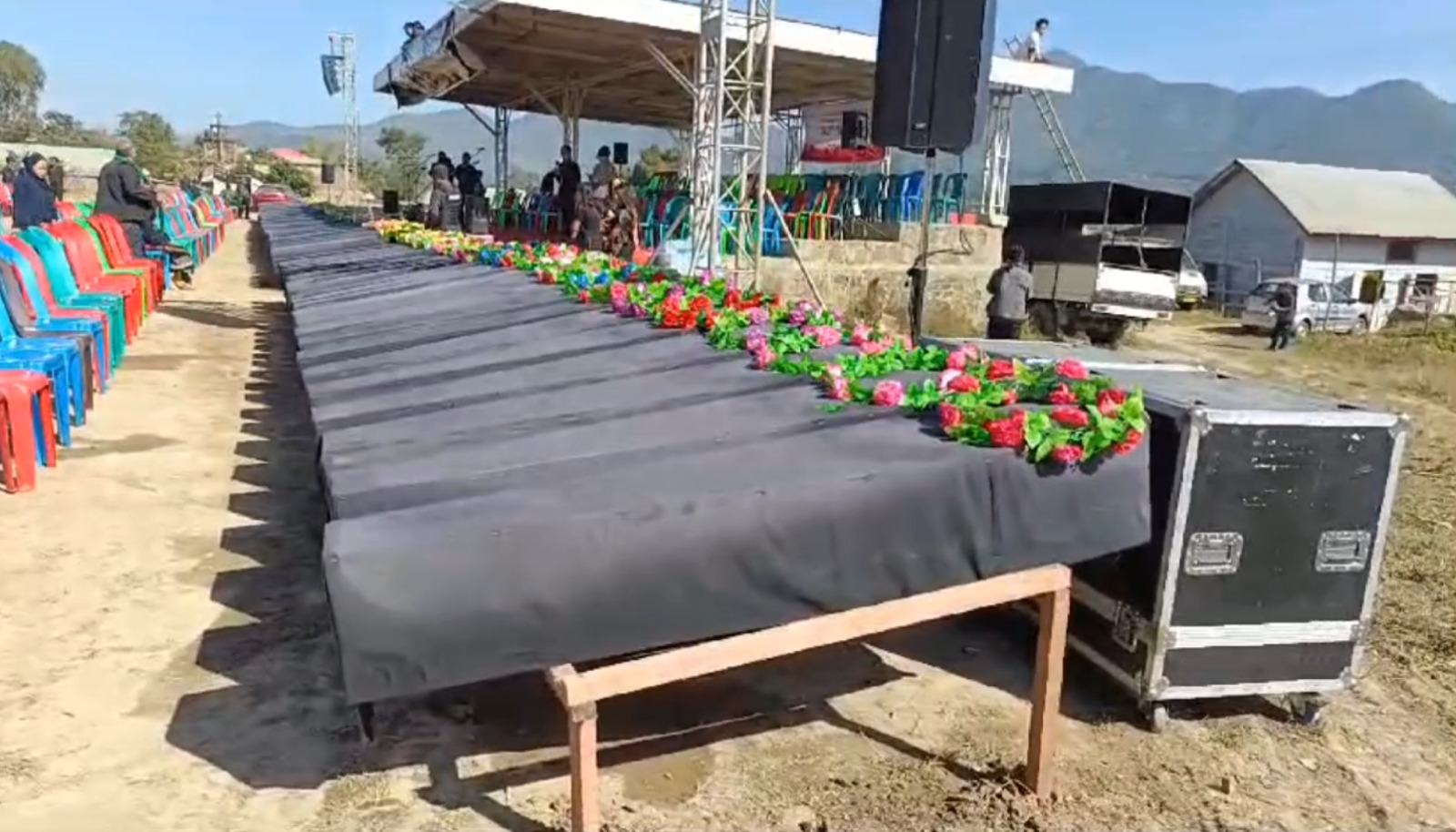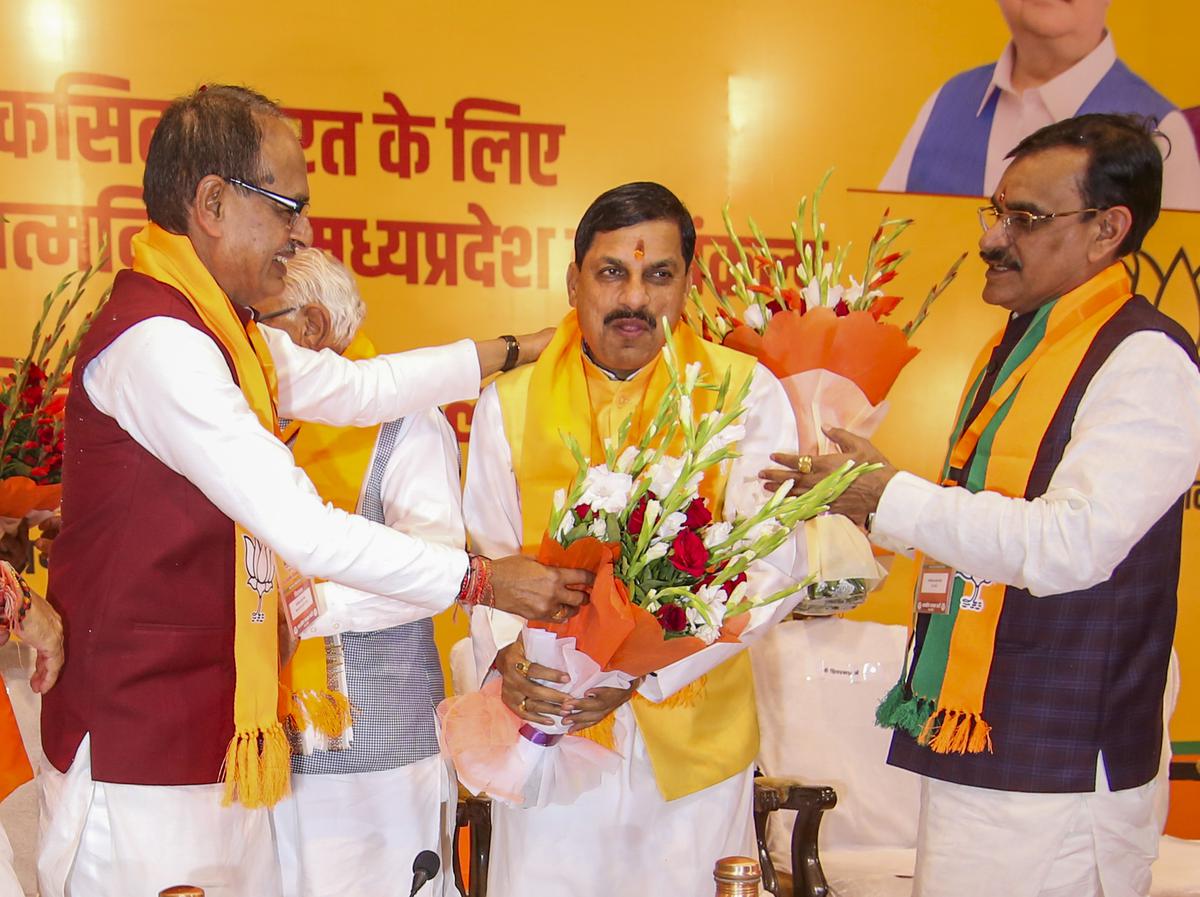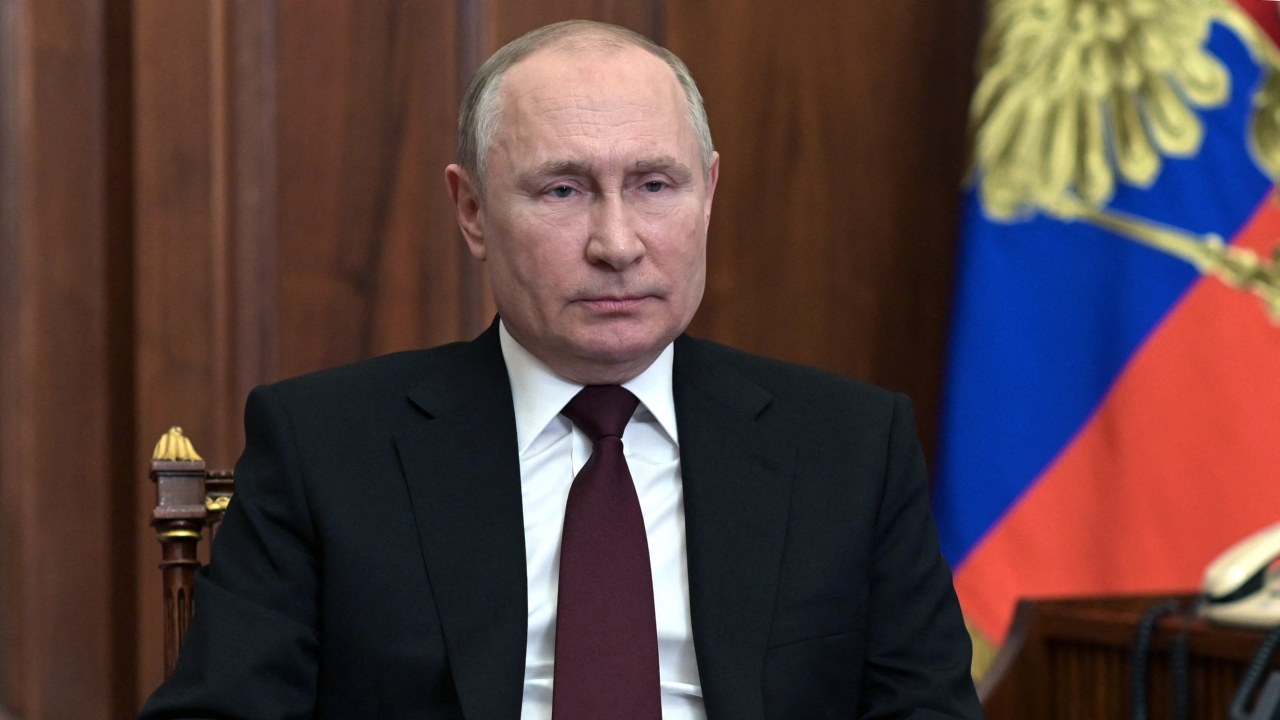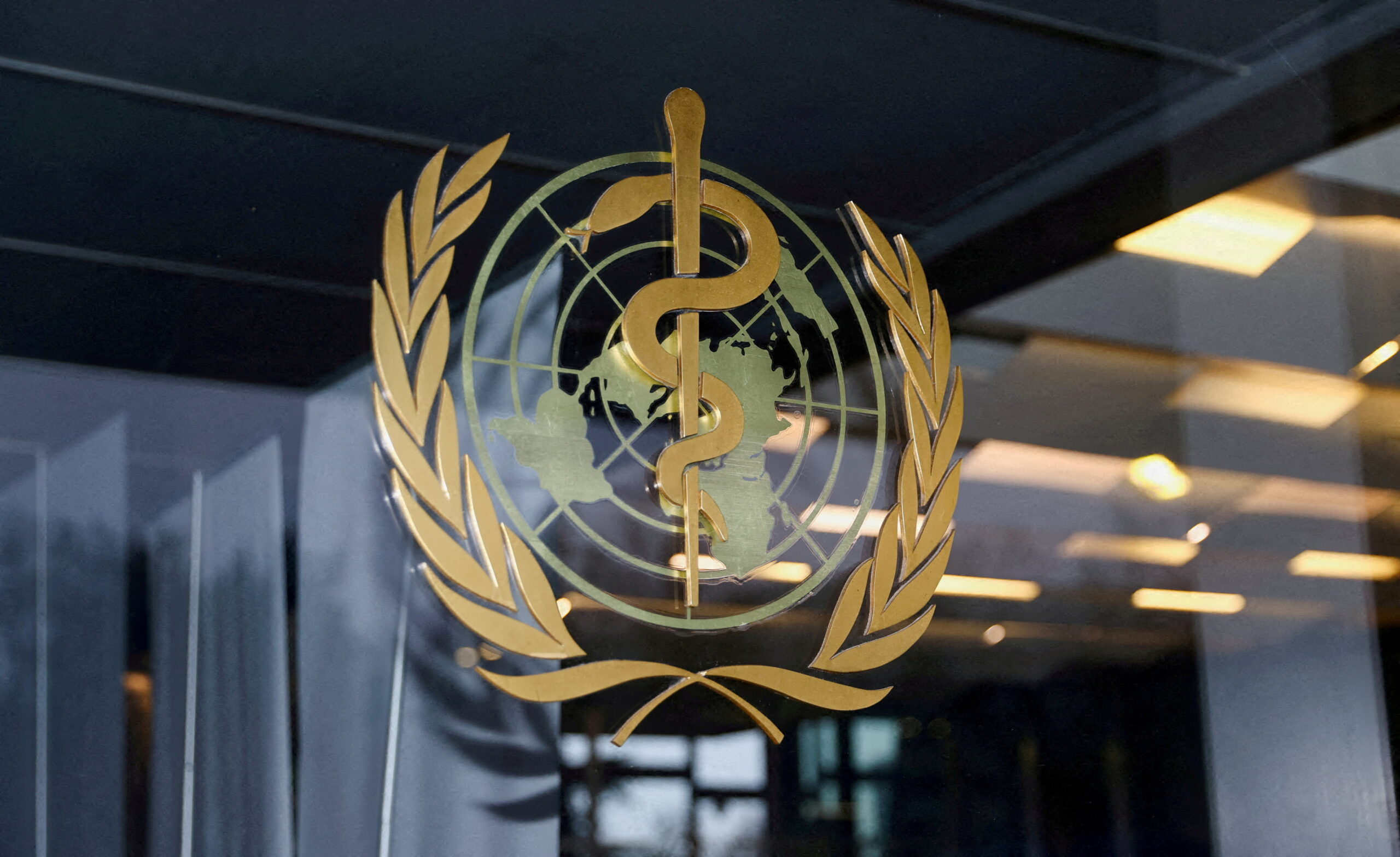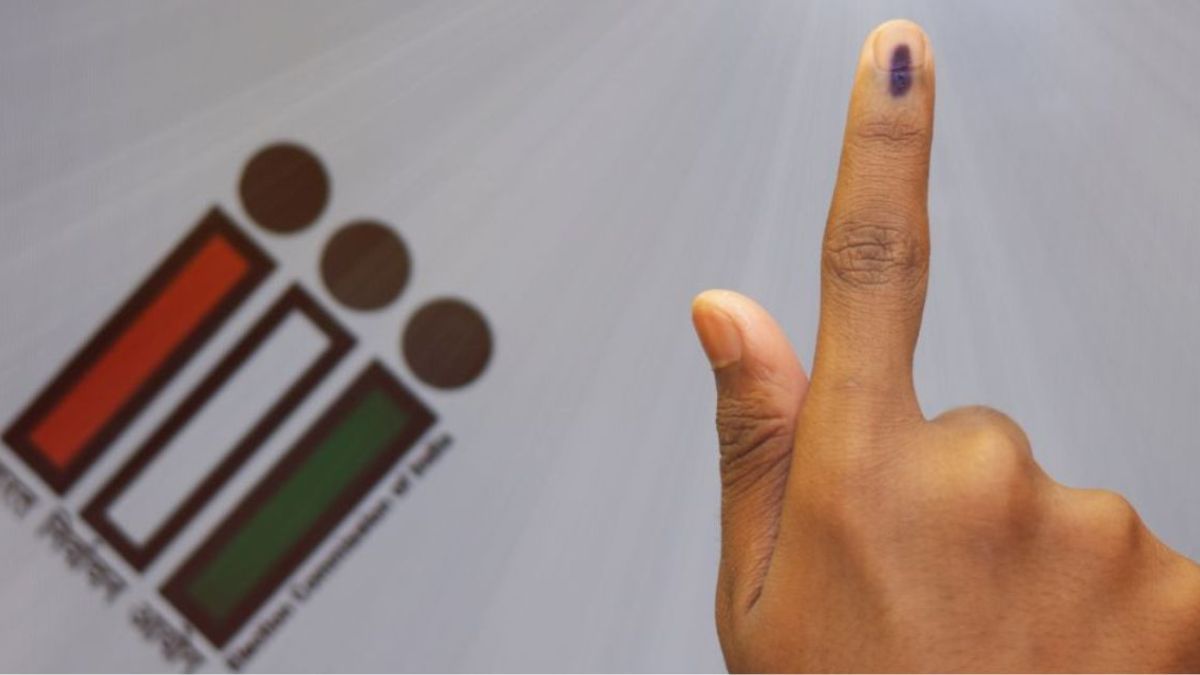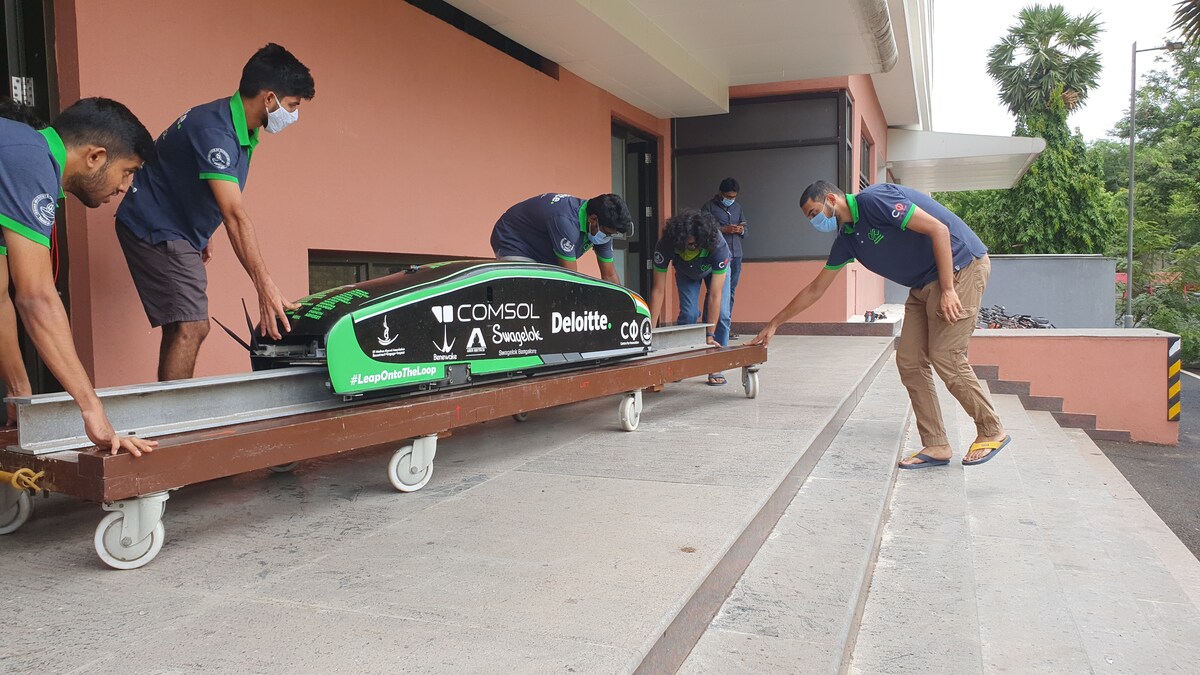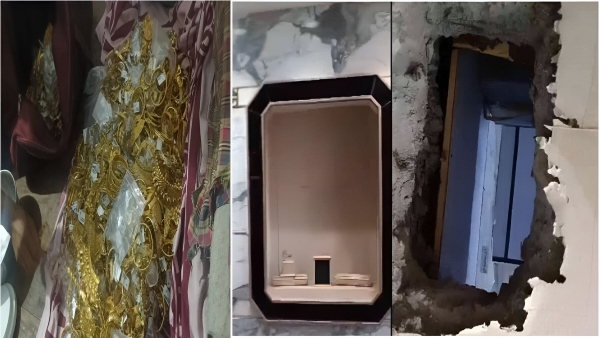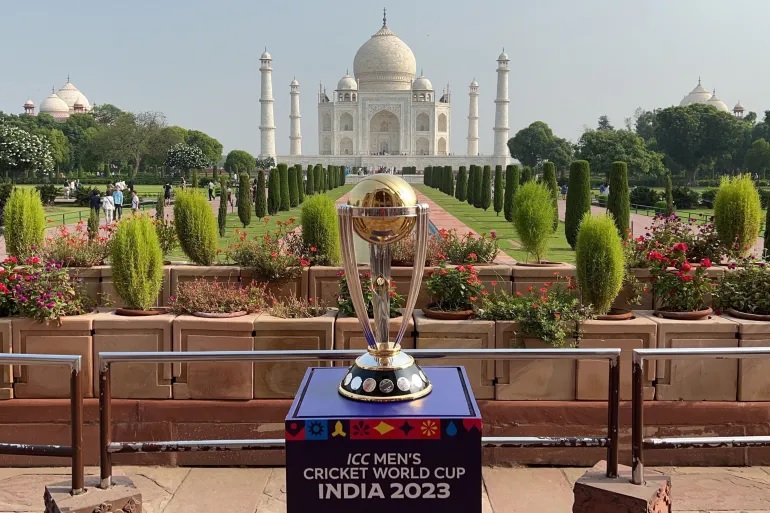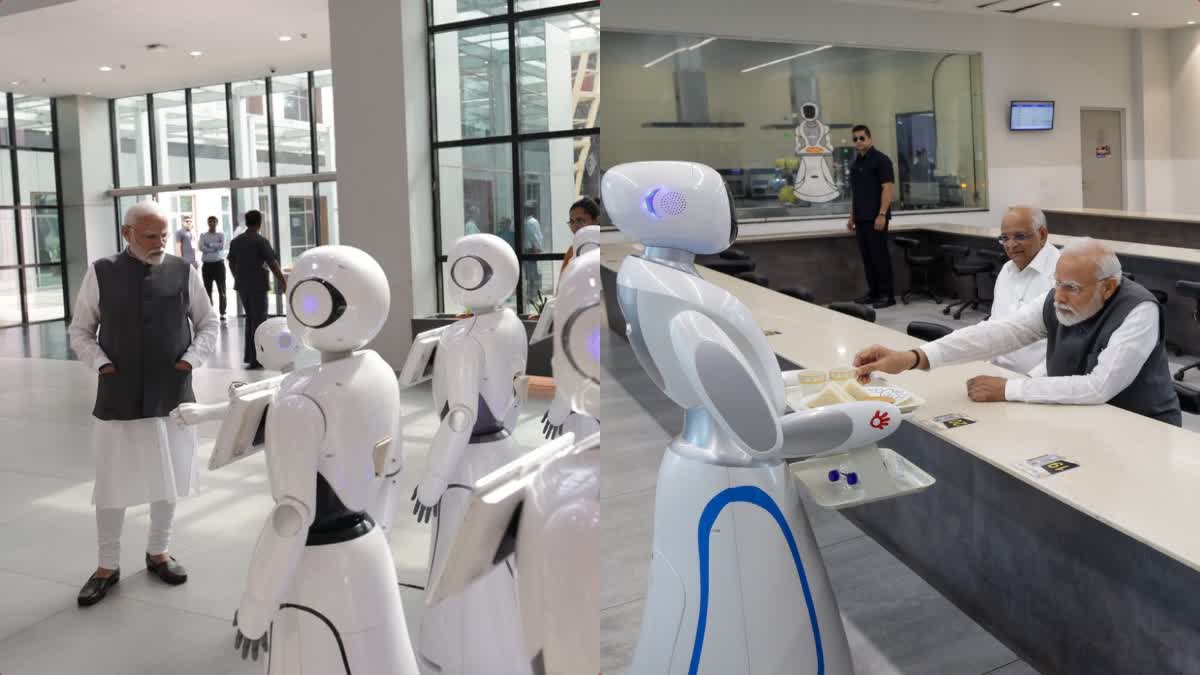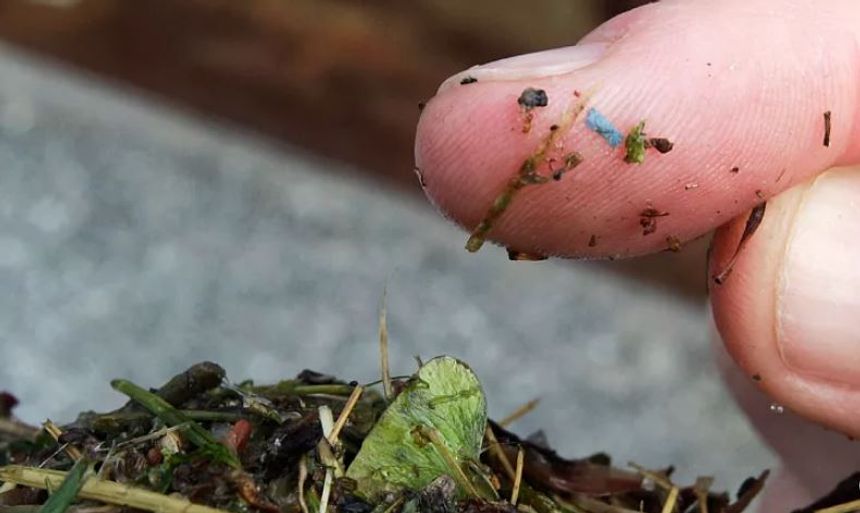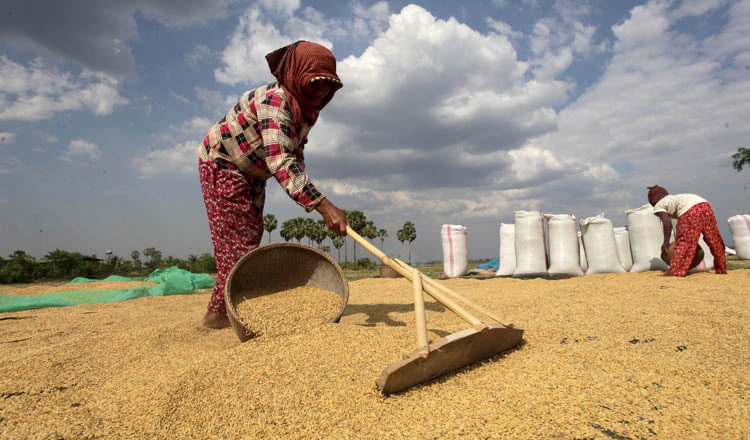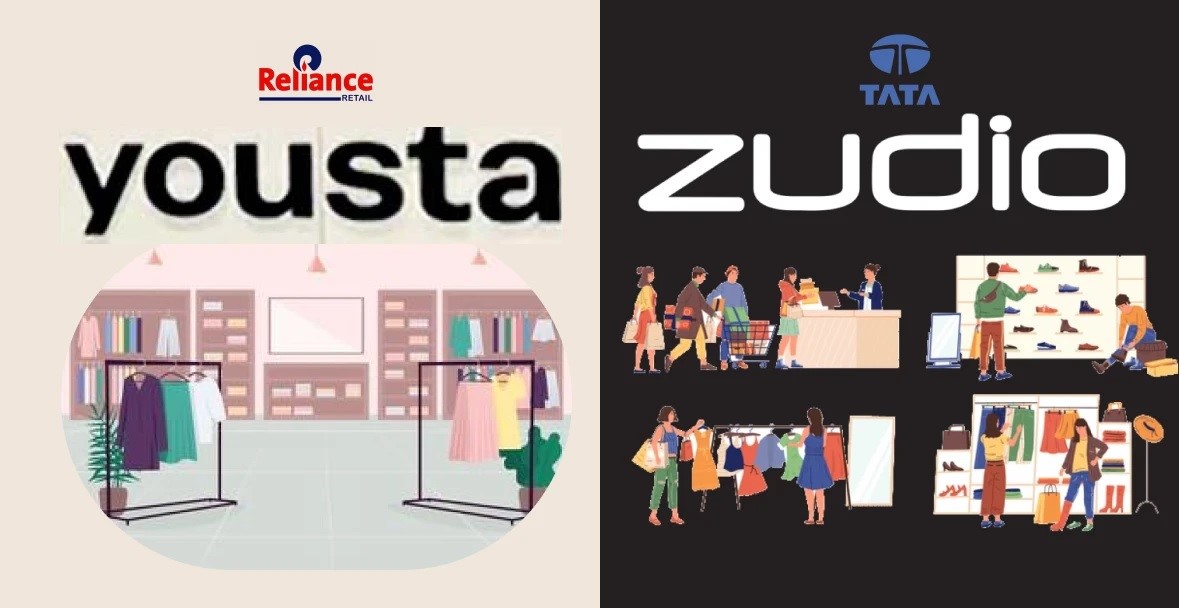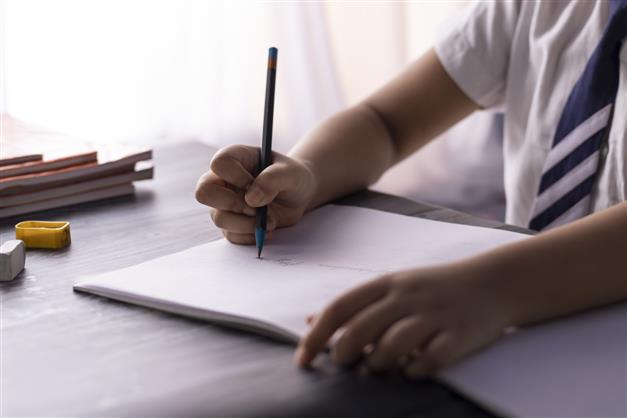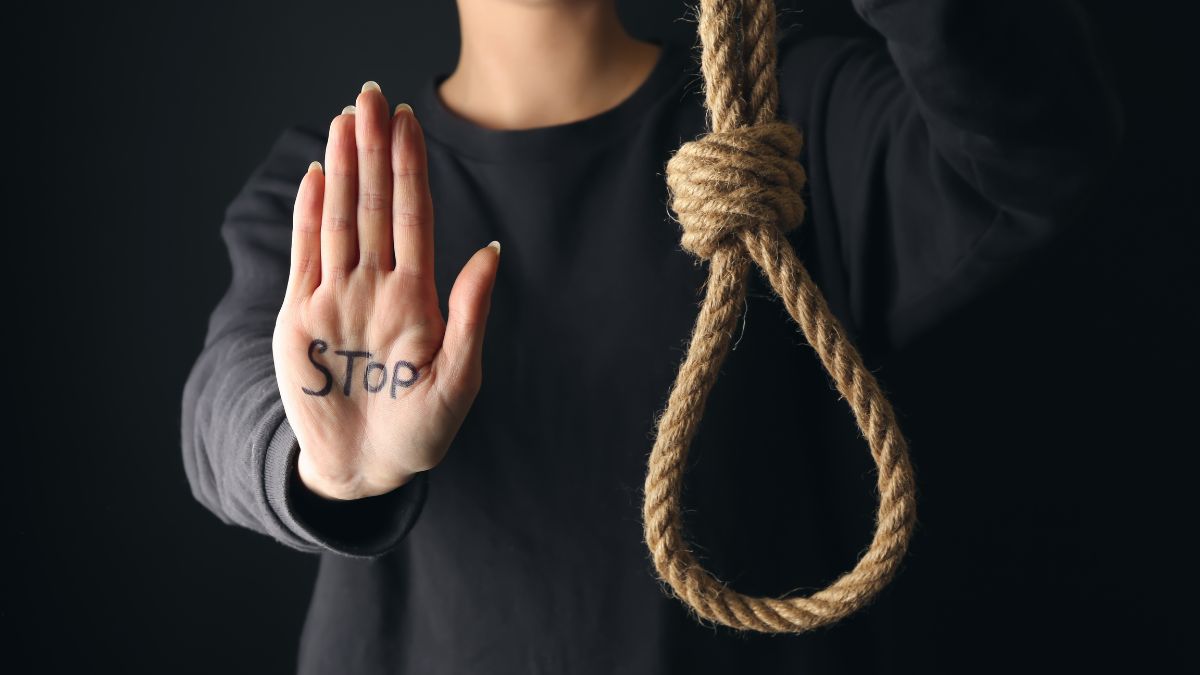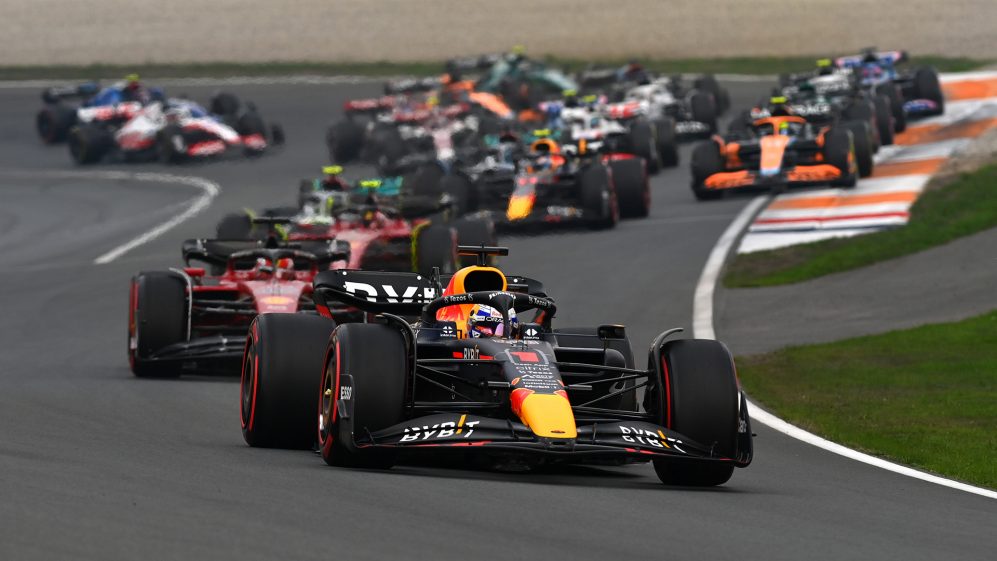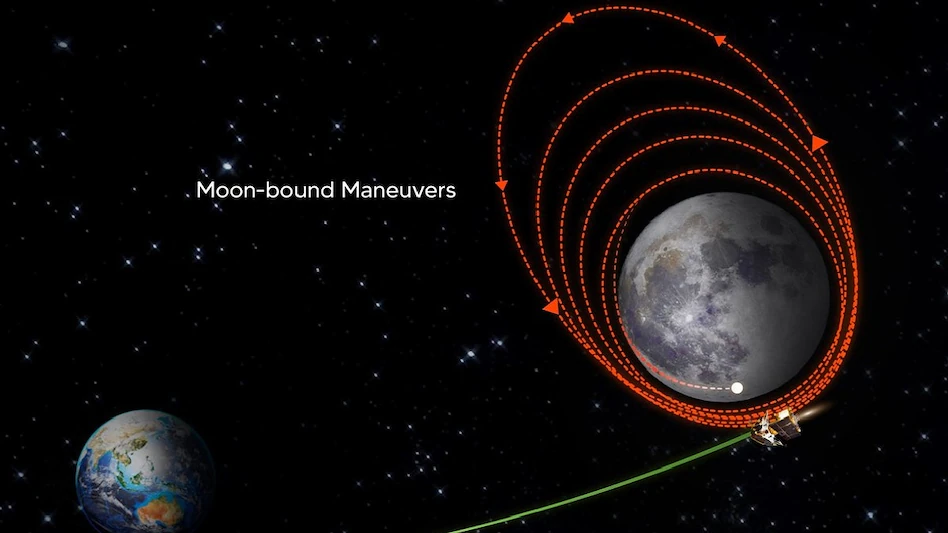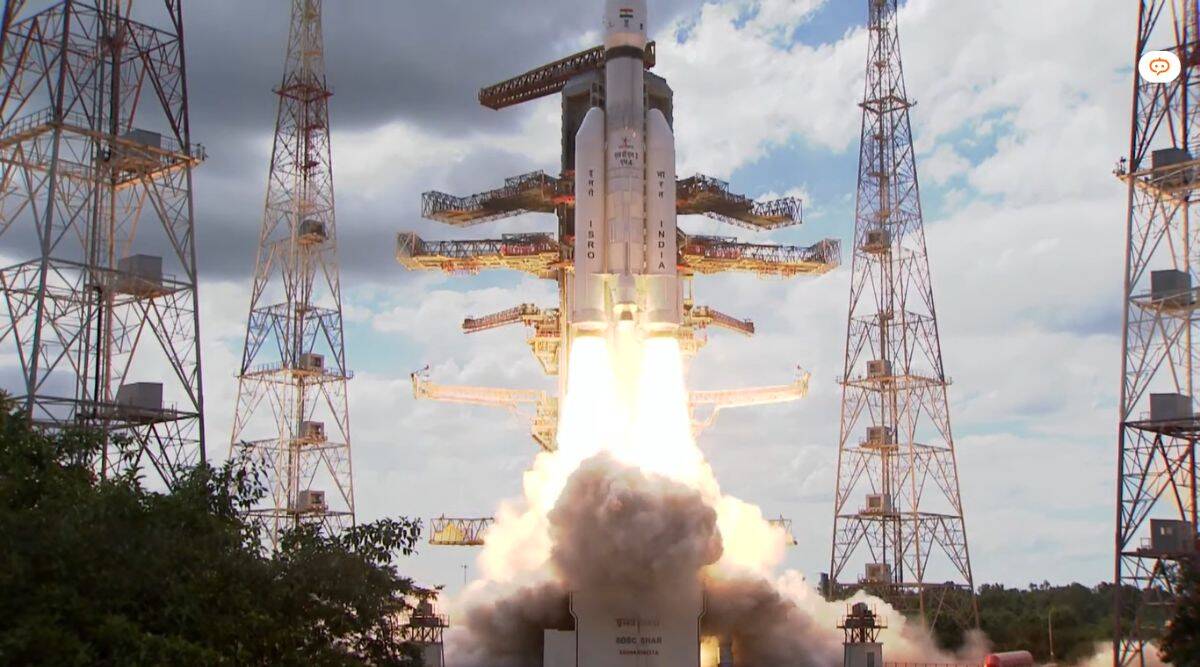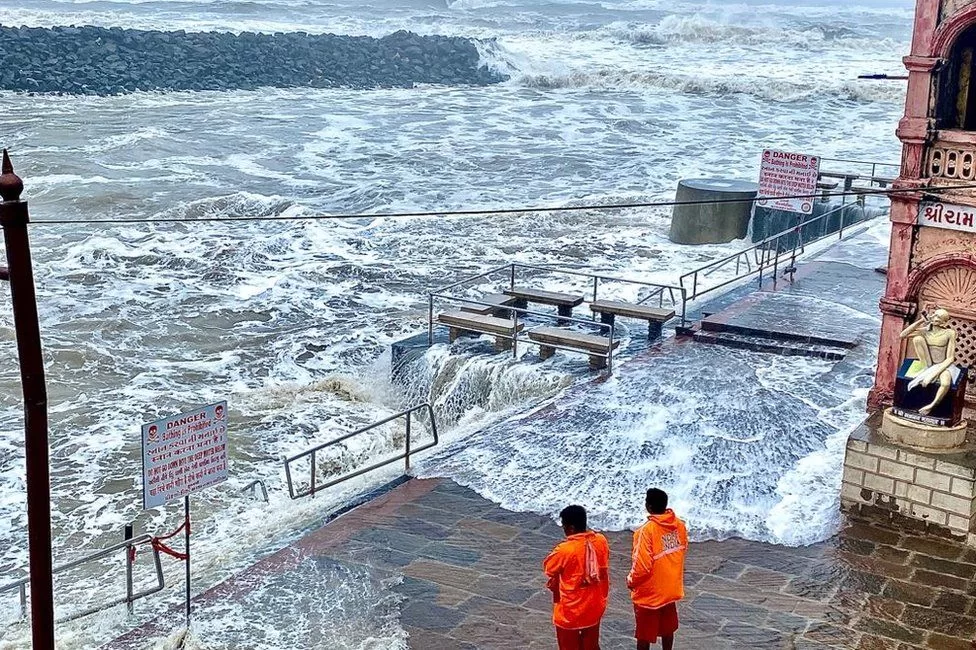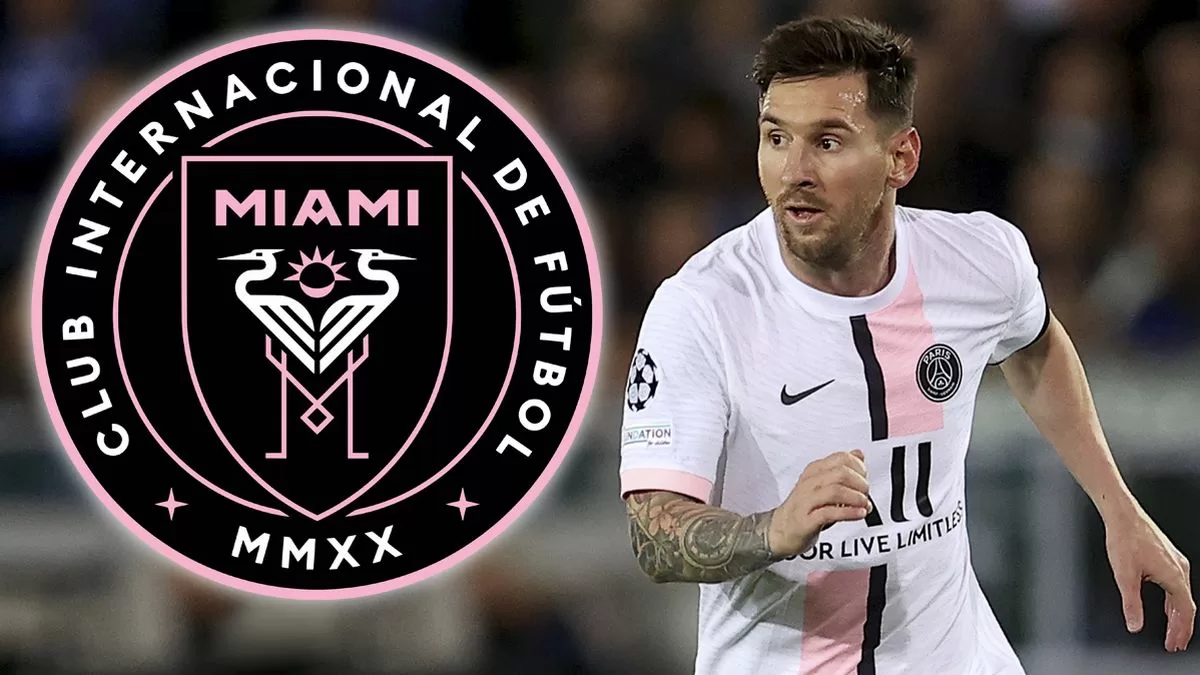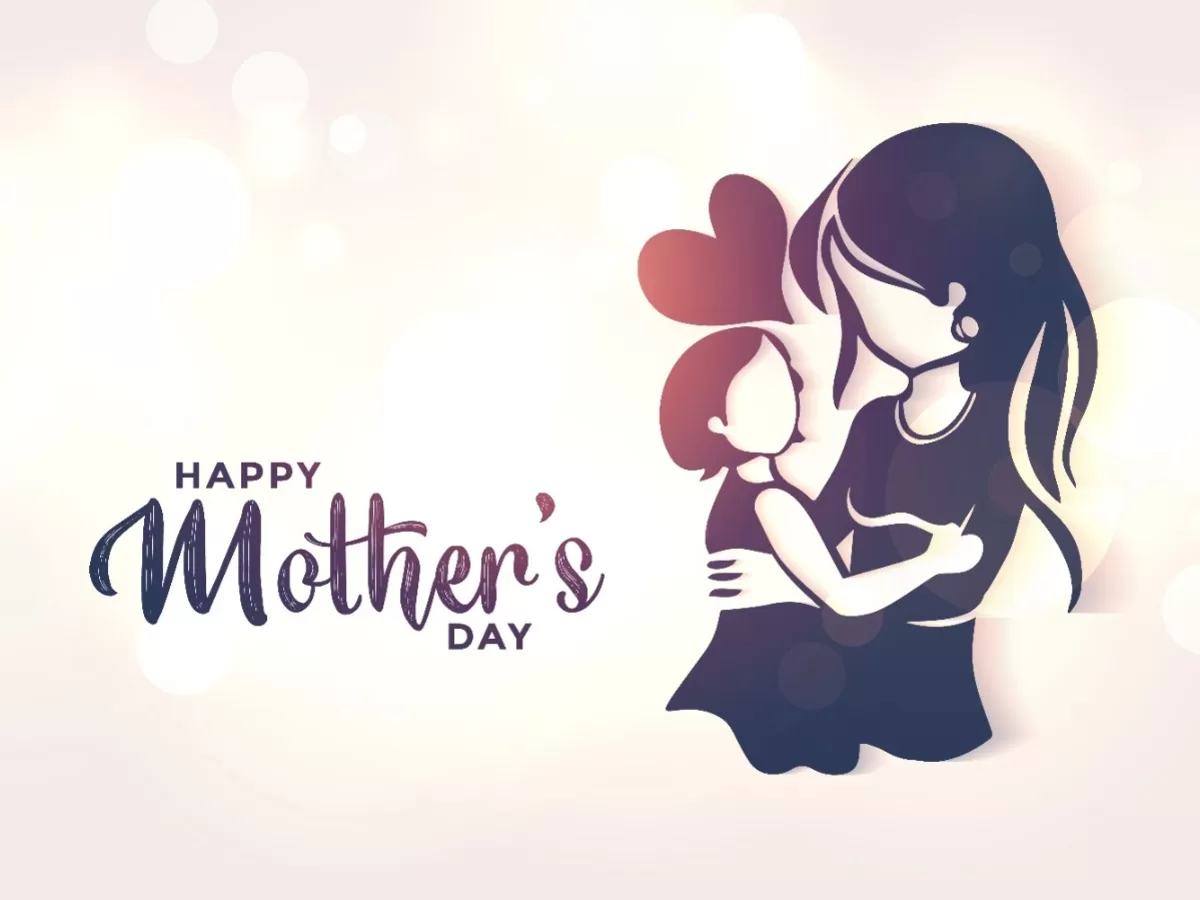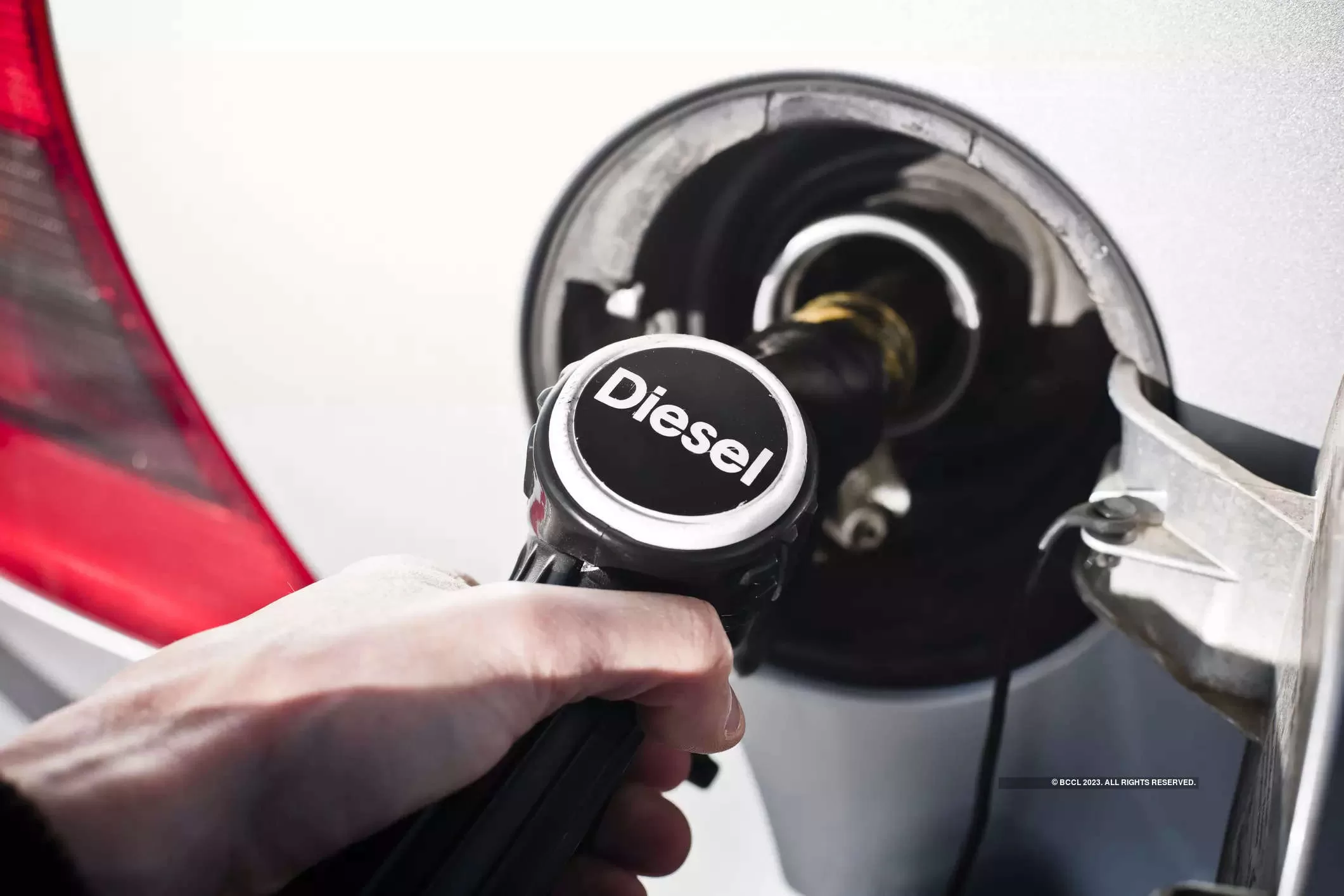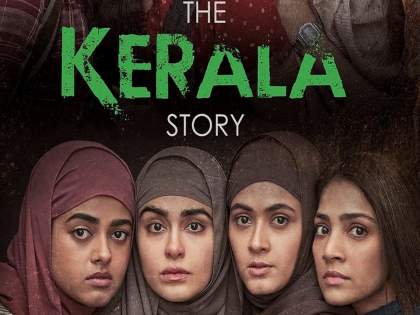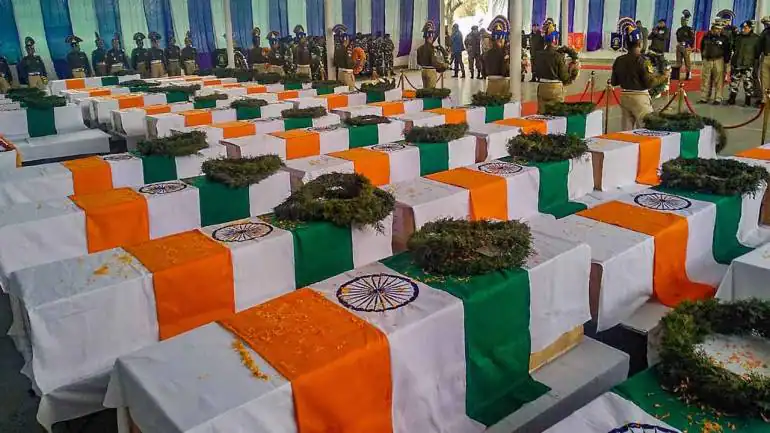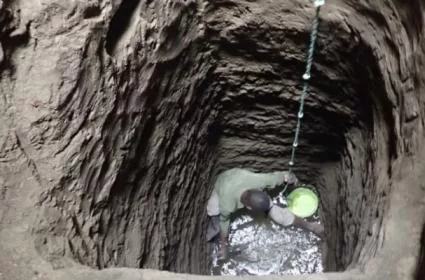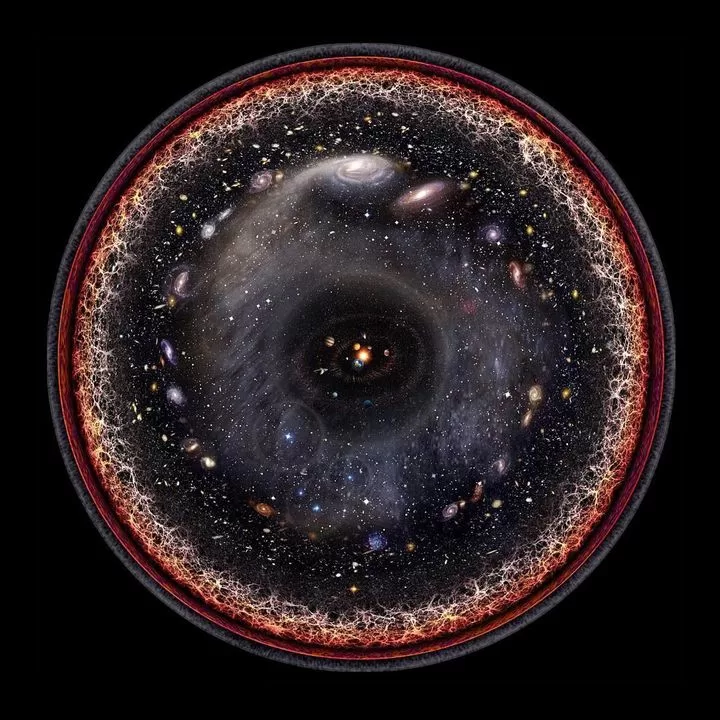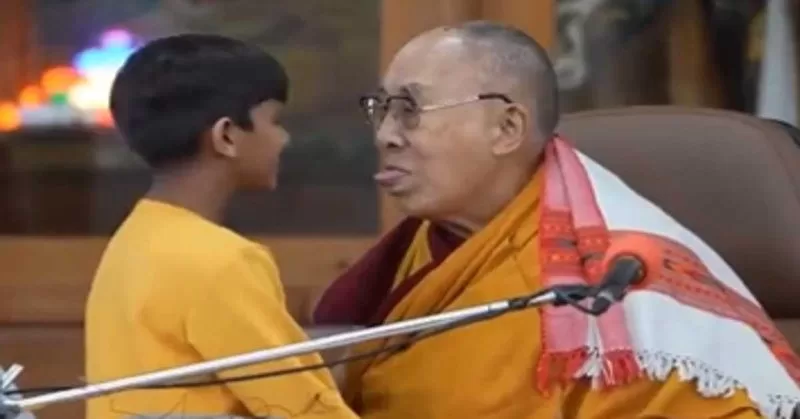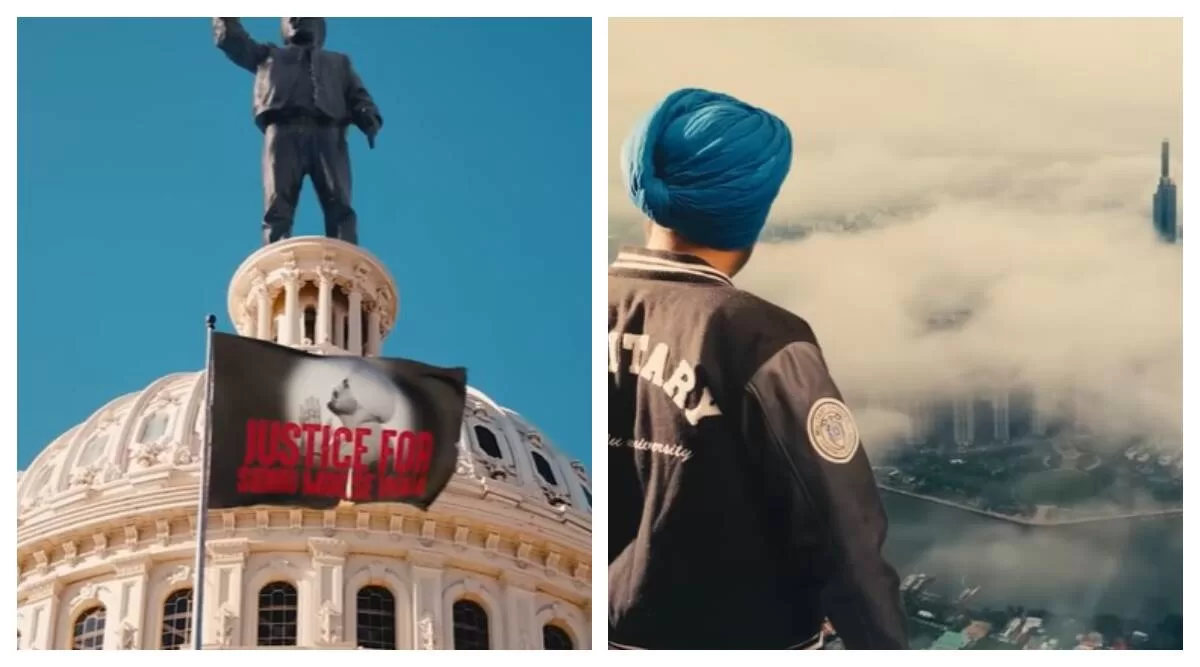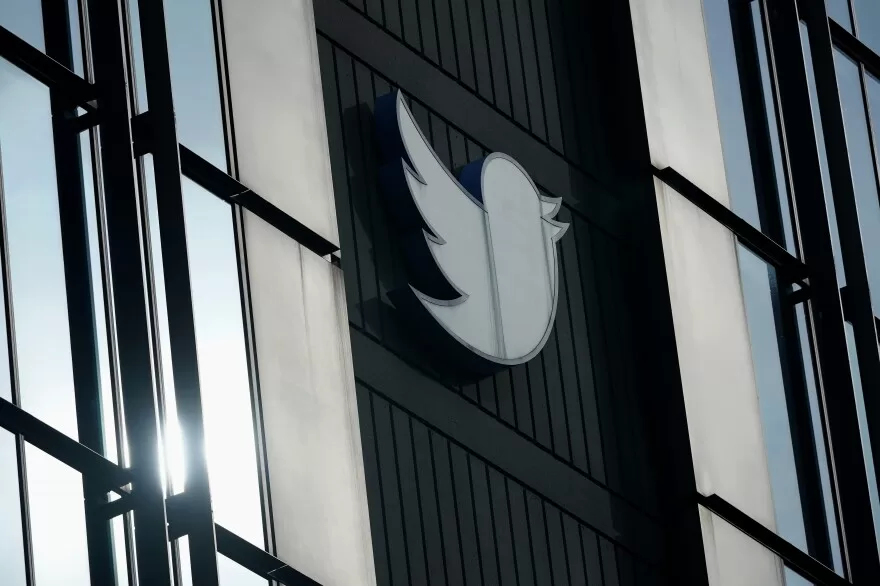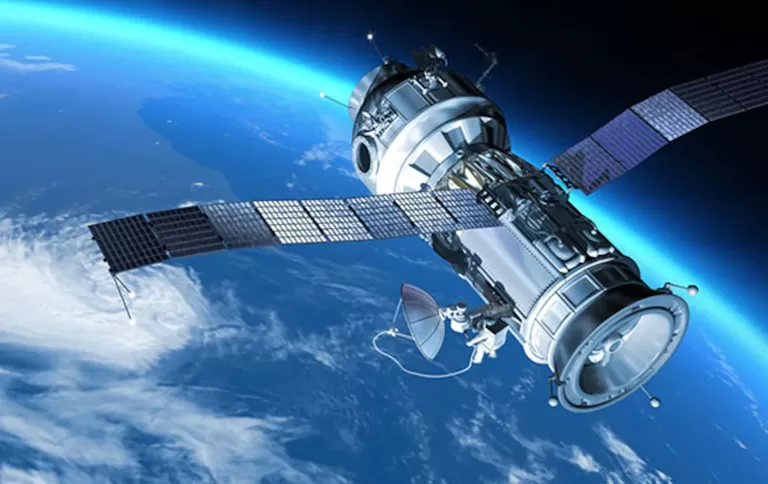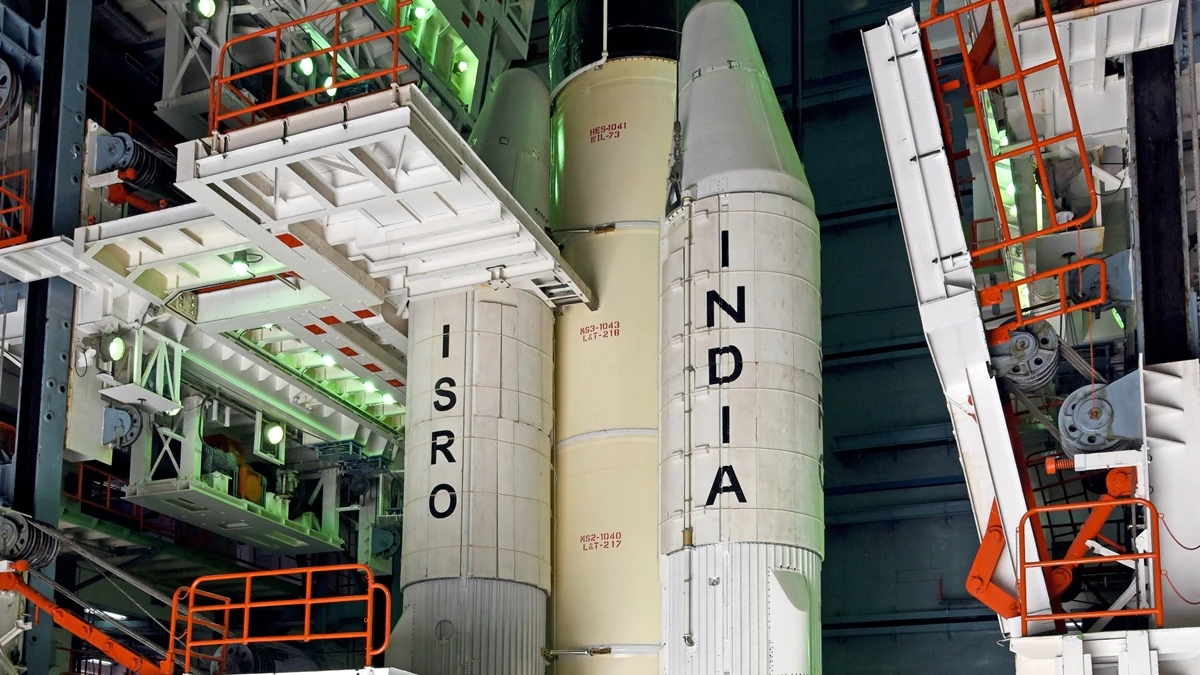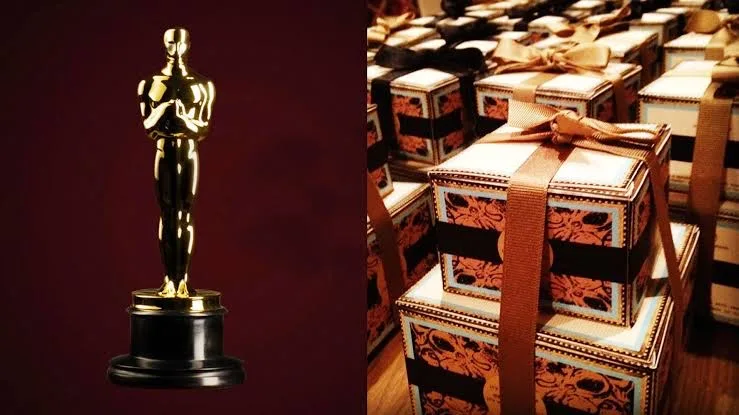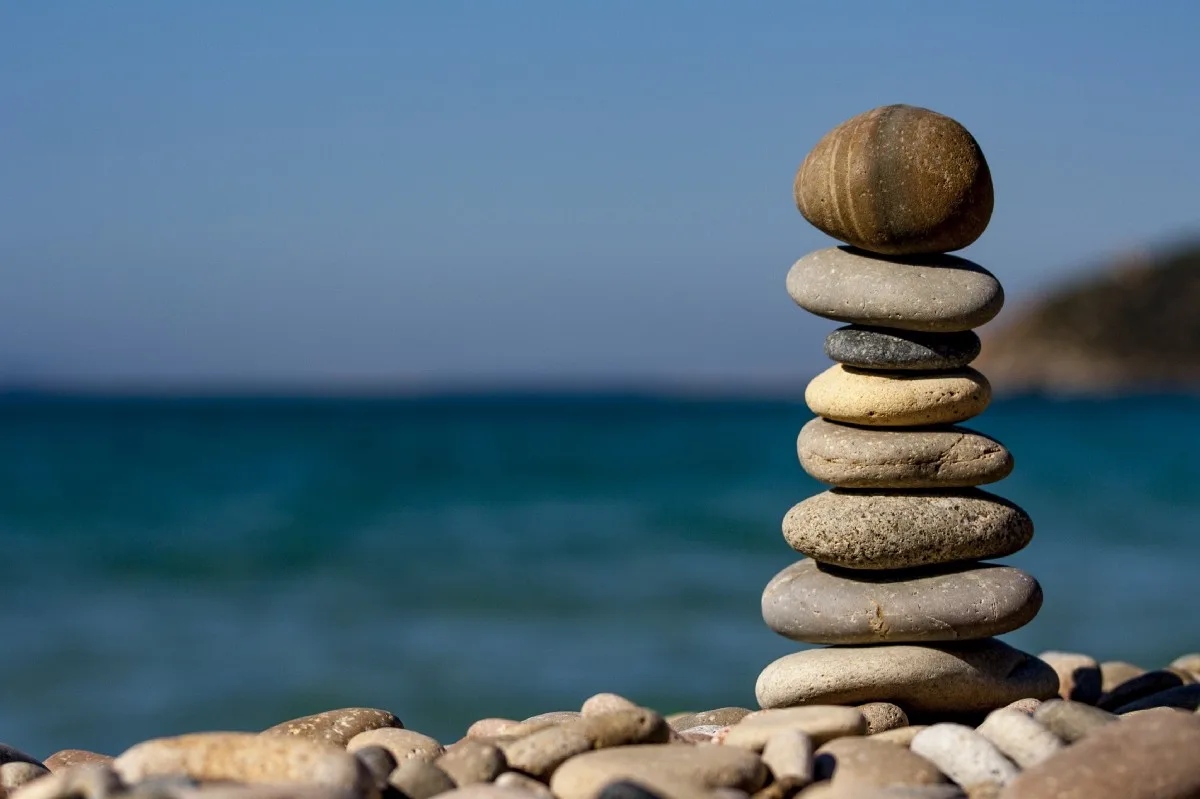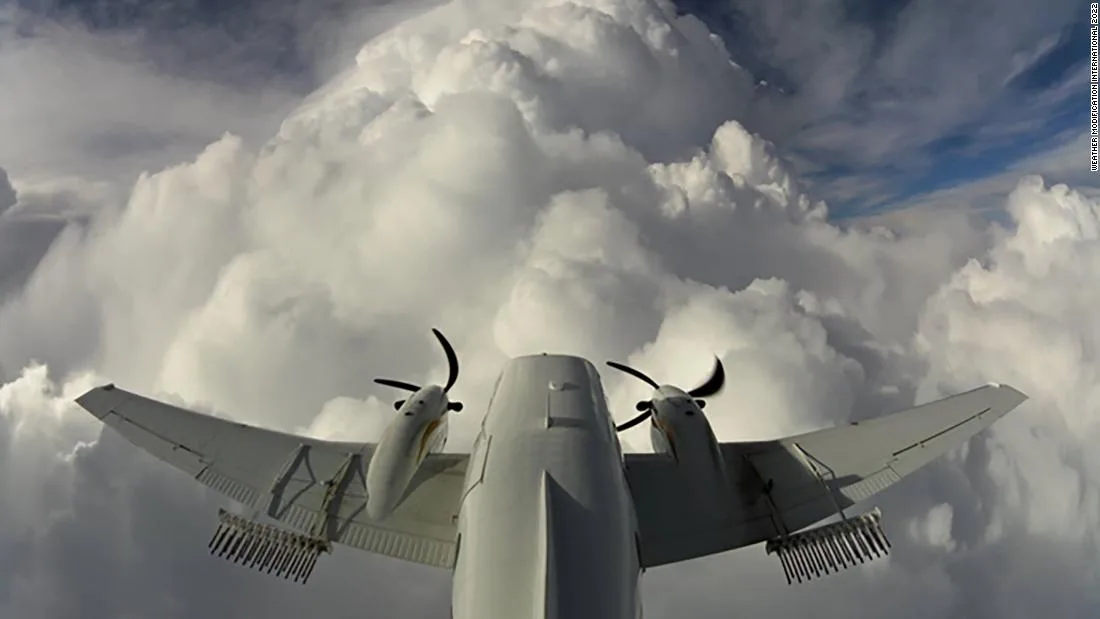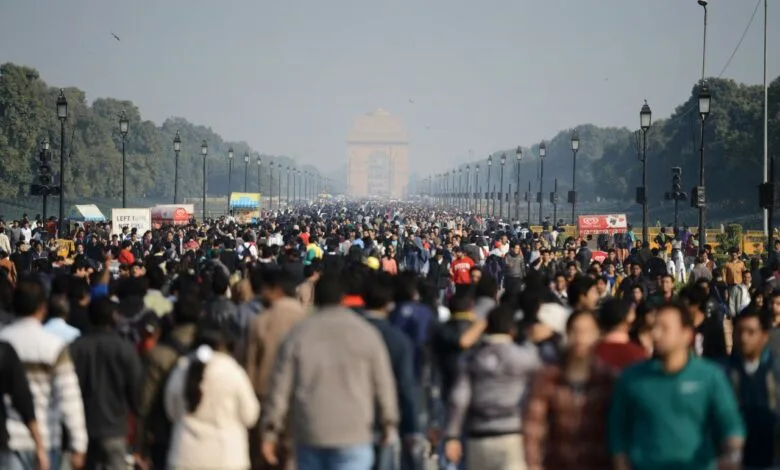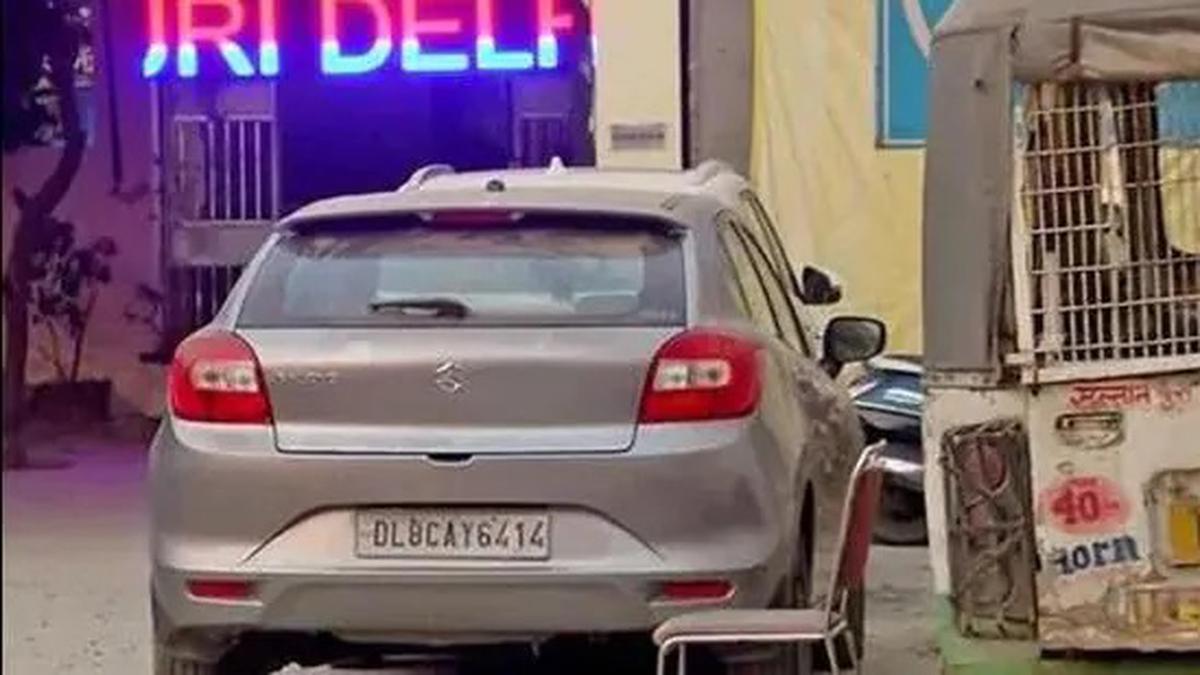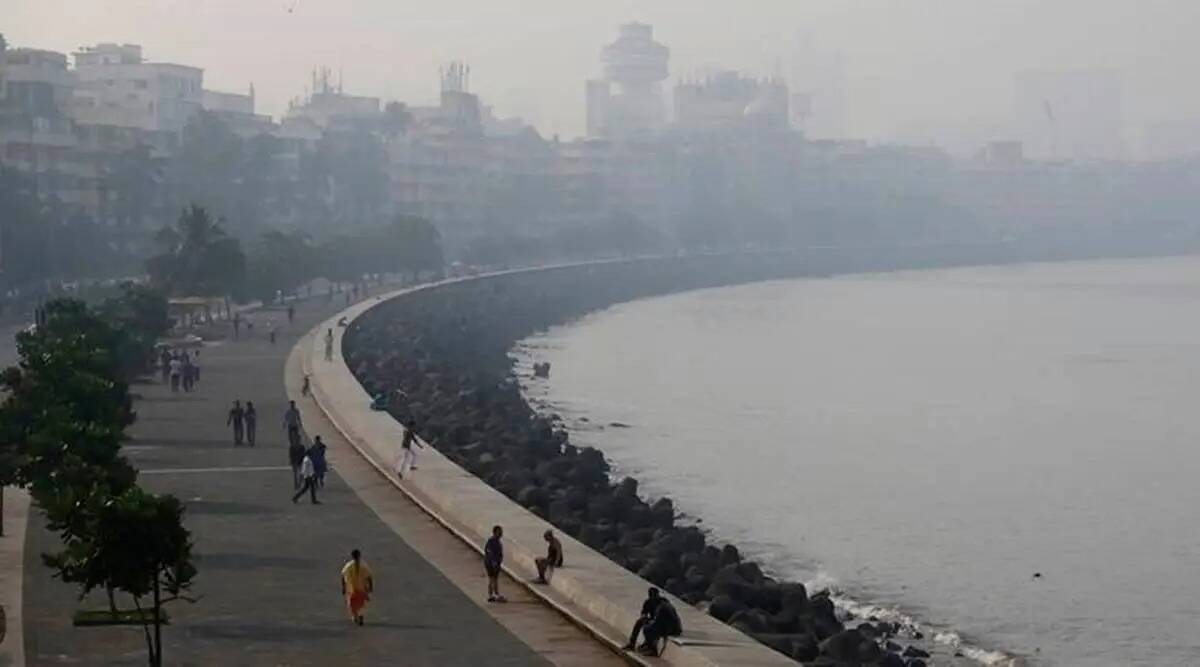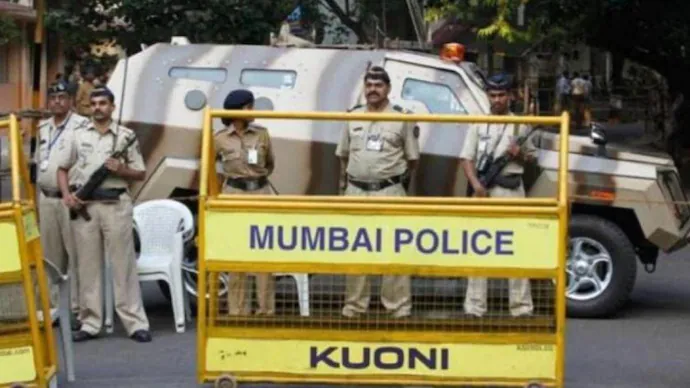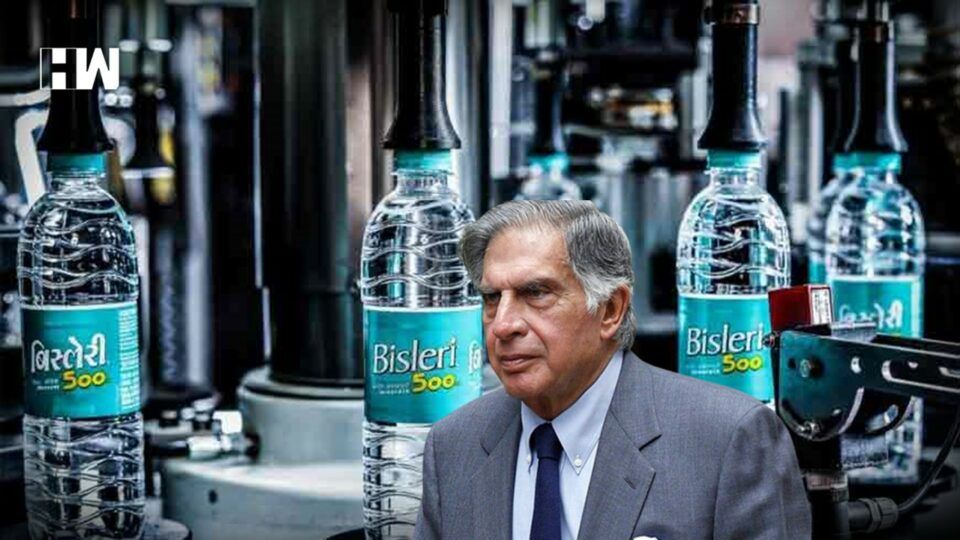
The economy, especially in France, where wine exports amount to $9.6 billion, depends heavily on champagne. Champagne may soon run out due to global climate change, according to San Francisco-based ClimateAI, a platform for climate resilience.
An AI company predicted that a popular drink for New Year’s Eve celebrations would become extinct due to climate change.
Hundreds of grape varieties, including those used to manufacture champagne like Pinot Noir, Chardonnay, and Merlot, may go extinct in the near future, according to data gathered by the business using artificial intelligence. By 2050, consumers of champagne and wine may go out of business, predicts Will Kletter, vice president of operations and strategy at ClimateAI.
“If you are a consumer who has a particular preference for a bottle of wine from a certain region, then I would encourage you to enjoy that now,” Kletter said in an interview with Fox News. He explained that champagne develops its wonderful flavor through crossing over from warm, light days for rich flavor to frigid nights for an acidic, sharp taste.
But, if global warming persists, these chilly evenings might “start to go away.”
Growers are put in a very challenging situation by it. According to Kletter, they have two options: either harvest the grapes early to avoid overripening, which is when there is too much alcohol and flavor in the grapes, or they can leave the grapes on the vine and run the danger of overripening but may still obtain some acidity.
“Therefore, essentially, a compromise will be necessary to obtain the flavors we anticipate.”
“Only Champagne, France, can produce champagne.”
He went on, saying that some growers will have to go up north to take advantage of the colder weather. Indeed, there has been an increase in the manufacture of sparkling beverages due to the UK’s warmer days and chilly evenings.
The economy depends heavily on champagne, especially in France where wine exports account for $9.6 billion (ClimateAI).
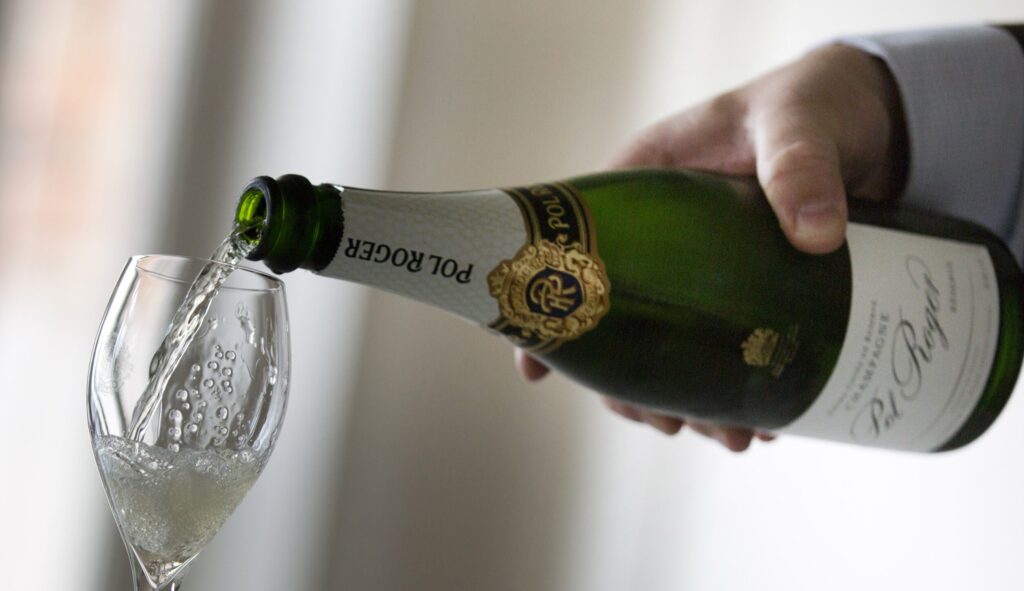
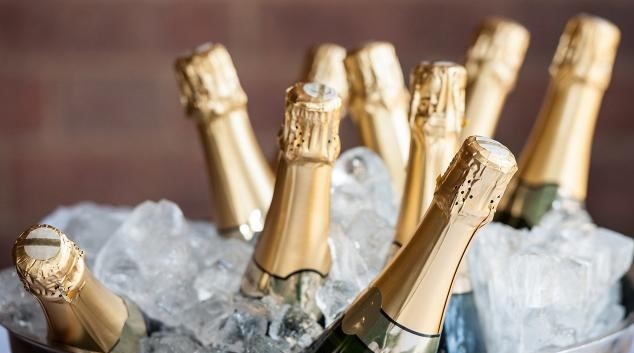
“Champagne can only be made in Champagne [France], but sparkling wine can be made anywhere,” claims Kletter. This is crucial for the economy of France. Champagne is the cornerstone of decades, if not centuries, of local customs and culture. The ideal zone is moving away from them, thus they will have a lot of difficulties maintaining the economy and culture.
Consumers will be able to make “more strategic decisions” on long-term crop placement because to ClimateAI’s ability to forecast and guarantee food crop resilience for up to 50 years into the future.
“We like to think of ourselves as optimistic, because we provide tools to folks all over the world who are tackling these challenges head-on,” Kletter continued, “despite being in the business of climate risk.”
Dr. Benjamin Cook, a climate scientist at Columbia University, states that going forward, climate change would provide a “major challenge to the industry, especially for high-value wines” and have “significant impacts” on grape farming.









































































